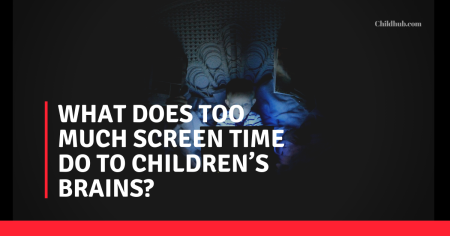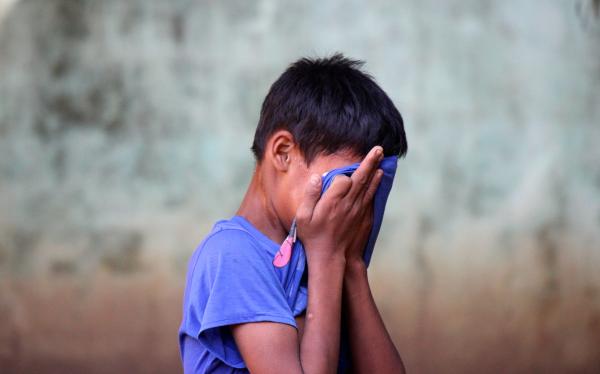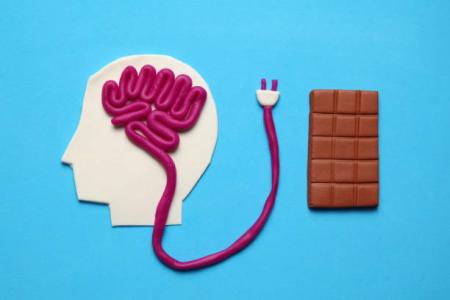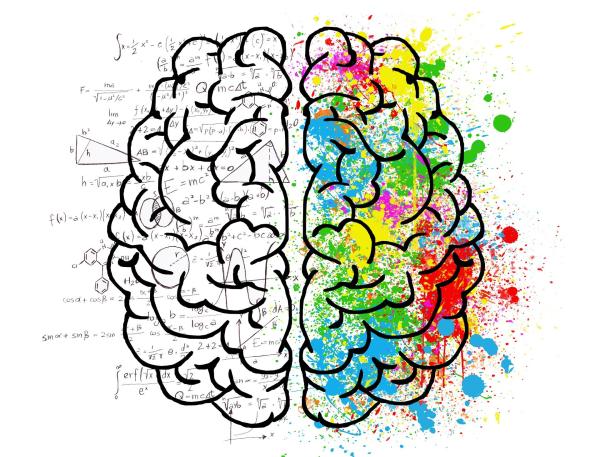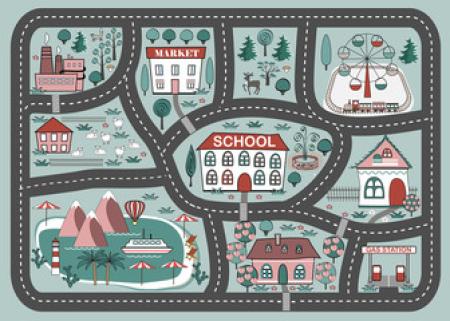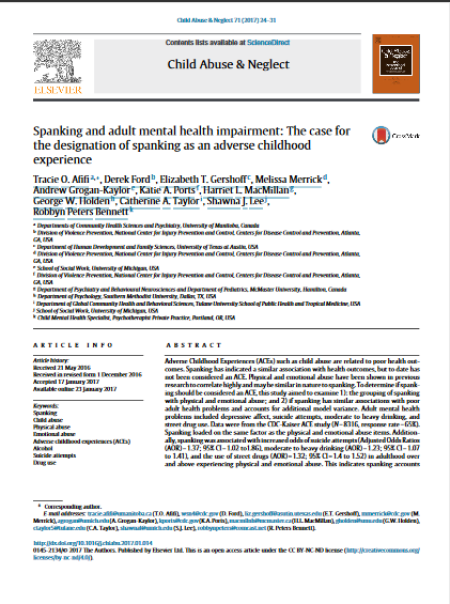
Violent discipline is experienced by almost two out of three children across the globe. A recent Harvard University study shows the detrimental effects spanking can have on a child’s brain development.
Areas in the brain of spanked children function atypically, in fact, spanking alters the same regions impacted by severe abuse. These regions are also responsible for regulating emotional responses and social information processing.
These findings show that spanking, often regarded as harmless or beneficial to children, is really just as harmful as other forms of violence. As one of the authors of the study, Jorge Cuartas said, “This study has important implications for research, showing, for the first time in the literature, that a neurodevelopmental mechanism might explain the associations between socially normative spanking and adverse behavioural and emotional child outcomes found in prior studies”.
Corporal punishment has been linked to many things, including:
- development of anxiety, depression, substance abuse
- several negative health, developmental and behavioural outcomes
- poor mental health, poor cognitive development, lower school grades, increased aggression, poor moral regulation and increased antisocial behaviour
The authors hope that parents will understand that spanking a child only harms their development.











